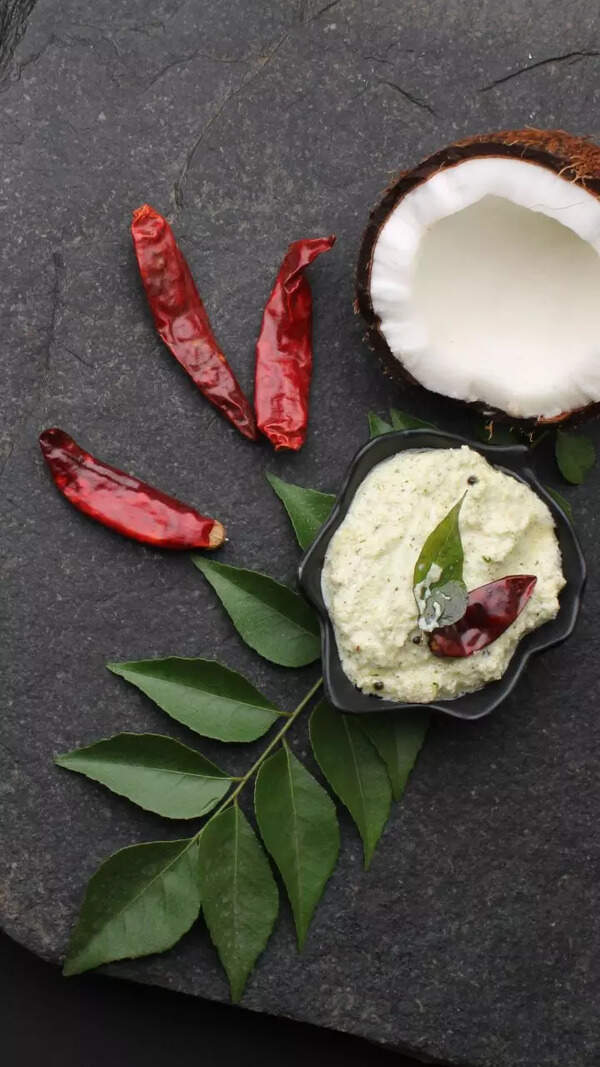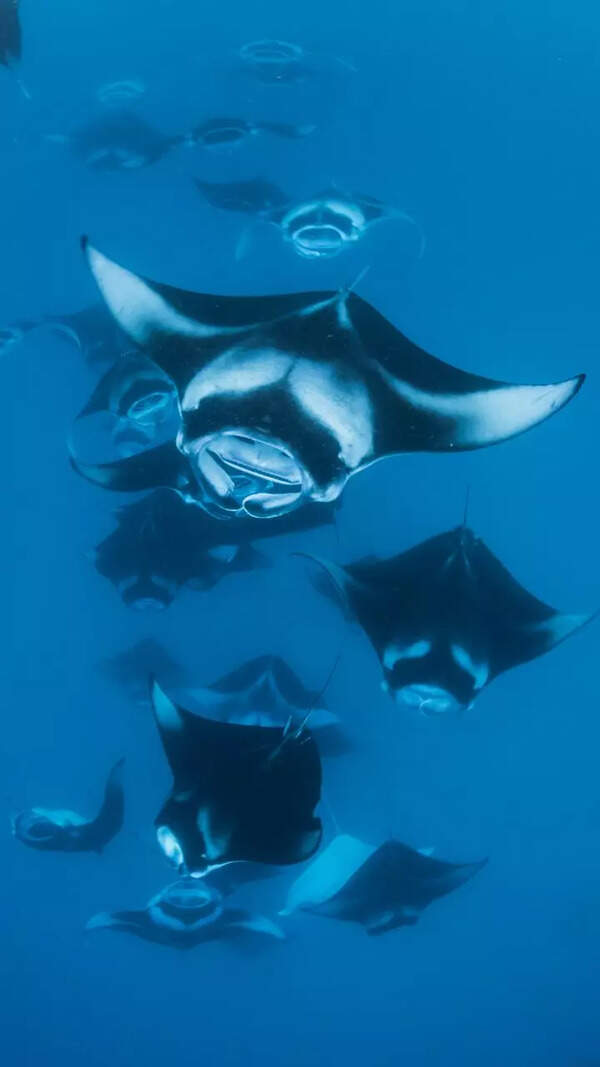- News
- India News
- Writers stir artists, filmmakers and historians to protest against intolerance
Trending
This story is from November 2, 2015
Writers stir artists, filmmakers and historians to protest against intolerance
It all started with writers returning their awards to protest Sahitya Akademi’s paralytic silence on the shocking and senseless murder of renowned Kannada writer and advocate of rationalism Prof M M Kalburgi two months ago in Dharwad, Karnataka.

It all started with writers returning their awards to protest Sahitya Akademi’s paralytic silence on the shocking and senseless murder of renowned Kannada writer and advocate of rationalism Prof M M Kalburgi two months ago in Dharwad, Karnataka.
In February, Marathi left-wing politician and noted writer Govind Pansare succumbed to a similar dastardly attack in Mumbai.Himself a rationalist, his book ‘Who is Shivaji’ appeared to have aroused a violent streak among extreme right-wing groups.
These two incidents, coupled with the murder of Mohammad Akhlaq allegedly by a mob of right-wing moral police goons in Uttar Pradesh’s Dadri on the suspicion that he had stored beef in his house (forensic tests found no evidence of beef) on September 28 tipped the scales of patience over the growing intolerance.
The writers’ novel way of protest through return of awards soon caught the fancy of filmmakers, historians and others associated with literature, film and academia. The metals and certificates of appreciation appear to be piling up at the doors of the NDA government.
Has intolerance raised its ugly head only after the NDA government headed by Narendra Modi came to power and rabid elements got a free run in the last one year? Let’s examine the happenings in India in the last five years.
Prof T J Joseph’s right palm was chopped off by members of a radical Muslim outfit, Popular Front of India (PFI) on July 4, 2010 on charges of insulting the Prophet in a question paper for an internal exam at Newman College, Thodupuzha, in Kerala where he taught Malayalam.
A media report at the time said, “days after the exam was over, certain persons at the college handed over the question paper to some Muslim outfits, telling them that the Prophet was insulted. Local media flared up communal sentiments. Joseph went into hiding, but police tortured his son, then a college student. Days later, Joseph surrendered before the police. Soon, the college management, Catholic Diocese of Kothamangalam, placed him under suspension.”
On July 5, while he was returning home with his family from a local church, Joseph’s car was waylaid by a gang. After bursting a crude bomb, they pulled Joseph out of the car and chopped off his right palm. As Joseph was recovering from the injury and mental trauma, the college management dismissed the professor, the lone breadwinner of his family. There was no protest from writers, filmmakers or historians.
The brutal killing of Akhlaq in Dadri exemplified the level to which the demented among us could stoop. The demented have done it every now and then. Take for example the Mirchpur incident of 2010 in Haryana during the Congress regime headed by Bhupinder Singh Hooda.
An upper caste mob torched the houses in a hamlet belonging to lower caste people. Seventy-two-year-old Tara Chand and his 18-year-old physically challenged daughter Suman were burnt to death on April 21, 2010. Fearing more attacks, more than 150 Dalit families fled the village and took shelter in Delhi. It was the Supreme Court which ordered the Hooda government to provide proper relief and rehabilitation.
Why did writers, scientists and historians not blame rising intolerance during the reign of Congress in Haryana which was closely followed by the incident of chopping of the professor’s palm in Kerala?
And who can forget the arrest of two teenaged girls in Maharashtra during Congress-NCP rule. The girls had criticized the Mumbai bandh during Bala Thackeray’s funeral. They were arrested in the dead of night not far from Mumbai where Congress chief minister Prithviraj Chavan lived. Did it not reflect state sponsored intolerance? Did it not reflect the state machinery succumbing to goons?
Why were writers and film personalities, who earn their livelihood from Mumbai’s rich culture, not return their awards then? One is forced to recall Mark Twain’s words – “Most writers regard the truth as their most valuable possession, and therefore are most economical in its use.”
Were awards, including the Padma awards, too easy to obtain for them to be so easily returned? Were they given to those who were beholden to a particular line of political thinking?
In 1995, the Supreme Court in Balaji Raghavan/S P Anand case had expressed concern over the manner in which Padma awards were being given over the years without following any guidelines.
The SC had said, “The guidelines are extremely wide, imprecise, amenable to abuse and wholly unsatisfactory… While in the grant of Bharat Ratna sufficient restraint has been shown, the same cannot be said of all other awards.”
This is not to belittle the protest of writers, scientists, historians and others against intolerant attitude and actions of a section of the population. This rowdy and unruly section has always been a source of concern to those well-meaning politicians who think for the country’s good. But there are always those despicable characters in the political class who find it easy to use lumpen elements to cause disturbance in society to reap political gains.
In February, Marathi left-wing politician and noted writer Govind Pansare succumbed to a similar dastardly attack in Mumbai.Himself a rationalist, his book ‘Who is Shivaji’ appeared to have aroused a violent streak among extreme right-wing groups.
These two incidents, coupled with the murder of Mohammad Akhlaq allegedly by a mob of right-wing moral police goons in Uttar Pradesh’s Dadri on the suspicion that he had stored beef in his house (forensic tests found no evidence of beef) on September 28 tipped the scales of patience over the growing intolerance.
The writers’ novel way of protest through return of awards soon caught the fancy of filmmakers, historians and others associated with literature, film and academia. The metals and certificates of appreciation appear to be piling up at the doors of the NDA government.
The protests are against their perception that intolerance is spreading its tentacles and the government is doing little to rein in elements that encourage and indulge in hate crime to decimate free expression and exchange of radical views.
Has intolerance raised its ugly head only after the NDA government headed by Narendra Modi came to power and rabid elements got a free run in the last one year? Let’s examine the happenings in India in the last five years.
Prof T J Joseph’s right palm was chopped off by members of a radical Muslim outfit, Popular Front of India (PFI) on July 4, 2010 on charges of insulting the Prophet in a question paper for an internal exam at Newman College, Thodupuzha, in Kerala where he taught Malayalam.
A media report at the time said, “days after the exam was over, certain persons at the college handed over the question paper to some Muslim outfits, telling them that the Prophet was insulted. Local media flared up communal sentiments. Joseph went into hiding, but police tortured his son, then a college student. Days later, Joseph surrendered before the police. Soon, the college management, Catholic Diocese of Kothamangalam, placed him under suspension.”
On July 5, while he was returning home with his family from a local church, Joseph’s car was waylaid by a gang. After bursting a crude bomb, they pulled Joseph out of the car and chopped off his right palm. As Joseph was recovering from the injury and mental trauma, the college management dismissed the professor, the lone breadwinner of his family. There was no protest from writers, filmmakers or historians.
The brutal killing of Akhlaq in Dadri exemplified the level to which the demented among us could stoop. The demented have done it every now and then. Take for example the Mirchpur incident of 2010 in Haryana during the Congress regime headed by Bhupinder Singh Hooda.
An upper caste mob torched the houses in a hamlet belonging to lower caste people. Seventy-two-year-old Tara Chand and his 18-year-old physically challenged daughter Suman were burnt to death on April 21, 2010. Fearing more attacks, more than 150 Dalit families fled the village and took shelter in Delhi. It was the Supreme Court which ordered the Hooda government to provide proper relief and rehabilitation.
Why did writers, scientists and historians not blame rising intolerance during the reign of Congress in Haryana which was closely followed by the incident of chopping of the professor’s palm in Kerala?
And who can forget the arrest of two teenaged girls in Maharashtra during Congress-NCP rule. The girls had criticized the Mumbai bandh during Bala Thackeray’s funeral. They were arrested in the dead of night not far from Mumbai where Congress chief minister Prithviraj Chavan lived. Did it not reflect state sponsored intolerance? Did it not reflect the state machinery succumbing to goons?
Why were writers and film personalities, who earn their livelihood from Mumbai’s rich culture, not return their awards then? One is forced to recall Mark Twain’s words – “Most writers regard the truth as their most valuable possession, and therefore are most economical in its use.”
Were awards, including the Padma awards, too easy to obtain for them to be so easily returned? Were they given to those who were beholden to a particular line of political thinking?
In 1995, the Supreme Court in Balaji Raghavan/S P Anand case had expressed concern over the manner in which Padma awards were being given over the years without following any guidelines.
The SC had said, “The guidelines are extremely wide, imprecise, amenable to abuse and wholly unsatisfactory… While in the grant of Bharat Ratna sufficient restraint has been shown, the same cannot be said of all other awards.”
This is not to belittle the protest of writers, scientists, historians and others against intolerant attitude and actions of a section of the population. This rowdy and unruly section has always been a source of concern to those well-meaning politicians who think for the country’s good. But there are always those despicable characters in the political class who find it easy to use lumpen elements to cause disturbance in society to reap political gains.
End of Article
FOLLOW US ON SOCIAL MEDIA










